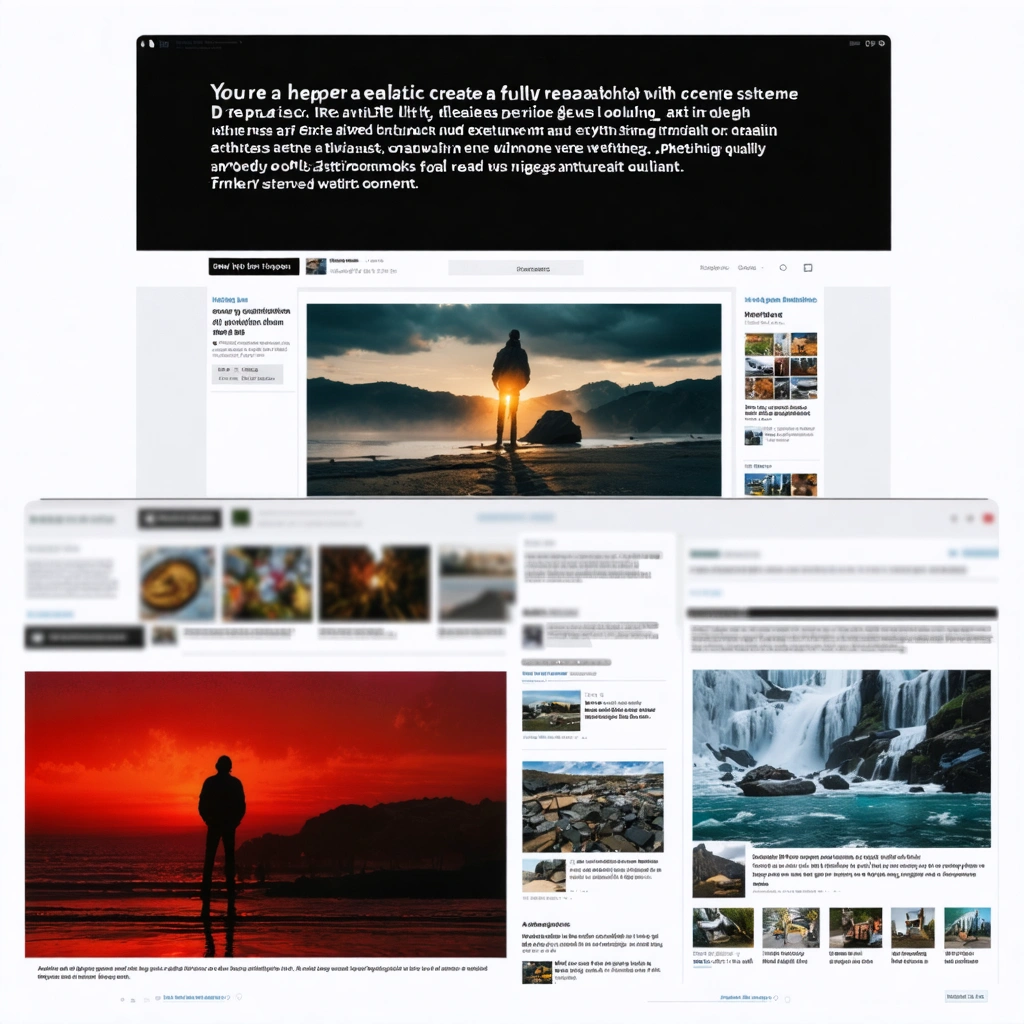
Introduction: A Paradigm Shift in Personal and Professional Life
In today’s competitive business environment, authenticity and transparency are not merely personal virtues; they are also strategic business assets. Craig Conover’s recent public disclosure of his battle with alcohol addiction represents a significant case study in personal reinvention and leadership. His journey from chronic alcohol dependency to recovery and self-reinvention not only offers hope to those grappling with personal challenges but also underscores the essential role that self-awareness and resilience play in both personal and professional arenas.
Understanding the Catalyst: Reasons Behind Public Disclosure
Analyzing the Personal Breakthrough
For many business leaders and public figures, revealing vulnerabilities can be viewed as a risk. However, instead of obscuring his struggle, Conover’s decision to share his past illuminates how acknowledging personal flaws can lead to robust growth and transformation. This breakthrough stems from several intertwined factors:
- Accountability: Recognizing the severity of his addiction and its impact on work and personal relationships.
- Reputation Resilience: Understanding that true leadership requires honesty, which in turn forges deeper connections with colleagues, fans, and potential business partners.
- Inspiration for Change: Crafting a narrative that motivates others facing similar challenges to seek help, thereby turning a personal struggle into a source of corporate and community strength.
The Business Implications of Transparency
In the era of social media, transparency has become a hallmark of responsible business practice. Conover’s candid admission signals a broader shift towards openness in industries traditionally guarded against personal disclosures. Business leaders can draw several pertinent lessons from his example:
- Corporate Culture: Emphasizing mental health and continuous professional development.
- Stakeholder Trust: Building trust with customers and partners by presenting a narrative that is both genuine and relatable.
- Innovative Leadership: Fostering an environment where challenges are met with determined self-improvement rather than denial or stigma.
Strategic Approaches in Overcoming Adversity
Structured Recovery: A Methodological Perspective
Conover’s journey did not occur overnight. His approach to overcoming addiction was systematic, combining personal resolve with structured support mechanisms. Key facets of this approach include:
| Phase | Actions Taken | Business Lessons |
|---|---|---|
| Recognition | Acknowledging the problem and its impact on life and work. | Highlighting the importance of early problem identification in organizational risk management. |
| Intervention | Seeking professional help and forming a support network. | Implementing support systems for employees facing challenges. |
| Recovery | Adopting healthier habits and transparent communication. | Collaborative and open workplace environments foster renewed productivity. |
| Maintenance | Engaging in continuous self-improvement and public advocacy. | Long-term commitment to personal and professional development is key in sustained business success. |
Operationalizing Recovery: Strategies and Business Integration
Integrating recovery processes into operational strategies can transform a personal journey into an organizational overhaul. Conover’s experience highlights several strategic practices that organizations may adopt:
- Regular Assessments: Incorporate health and wellness checks as part of the employee evaluation process.
- Professional Development: Promote training sessions that emphasize leadership coupled with personal growth.
- Support Networks: Establish employee assistance programs and peer support groups.
Long-Term Implications: Leadership, Resilience, and Corporate Sustainability
The Interconnection of Personal Growth and Business Success
Business sustainability is increasingly linked to the personal well-being of leaders. Conover’s narrative is a compelling reminder that even high-profile individuals face personal crises. However, their willingness to confront and overcome such crises can set a strong example for embedding empathy and responsibility within the corporate culture. When personal growth is aligned with corporate strategies, companies can benefit from more empathetic and resilient leadership, ultimately leading to enhanced market credibility and competitive advantage.
Future Outlook and Strategic Recommendations
Looking forward, Craig Conover’s journey offers valuable insights into how businesses can incorporate personal recovery narratives into their strategic frameworks. Some strategic recommendations include:
- Establish Clear Policies: Develop comprehensive wellness and support policies within organizations.
- Encourage Open Communication: Create forums and platforms for sharing personal stories and experiences.
- Measure Impact: Use performance metrics to evaluate how transparency initiatives affect organizational culture and productivity.
In summary, Conover’s candid exposition of his struggles and recovery journey is a microcosm of a larger trend in the corporate world—a shift towards authenticity and resilience. By turning personal adversity into a narrative of empowerment and transformation, he not only reaffirms his personal dignity but also provides a blueprint for businesses eager to cultivate a more engaged, supportive, and innovative workplace.




